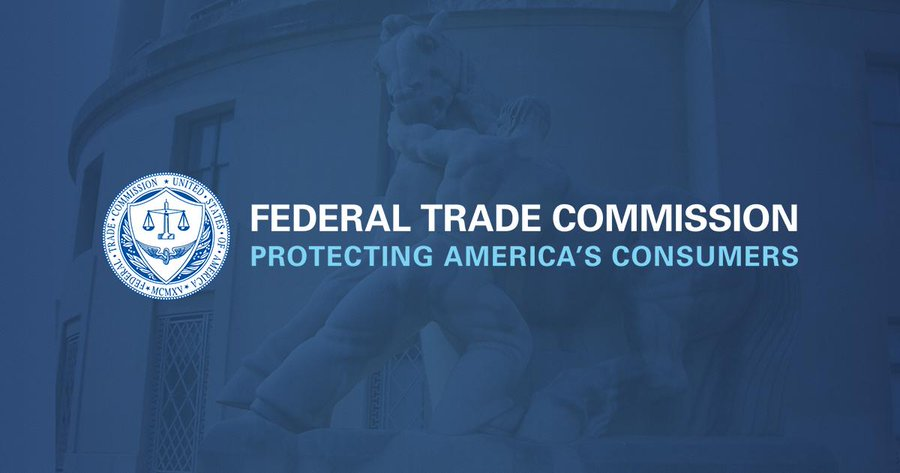miHoYo was accused of “deceiving” minors
Recently, miHoYo – the “father” of the blockbuster Genshin Impact – just had to pay a fine of 20 million USD to settle a complaint from the US Federal Trade Commission (FTC). Accordingly, this organization accused miHoYo of “violating children's privacy rights and deceiving players about the cost of winning prizes”.

“Genshin Impact tricked children, teens and other players into spending hundreds of dollars on prizes they had little chance of winning,” said Samuel Levine, director of the FTC's consumer protection bureau. He emphasized that not just miHoYo, but all companies implementing deposit mechanisms will be “responsible if they mislead players, especially children and teenagers, about the true cost of transactions.” pandemic”.
Additionally, the complaint alleges miHoYo failed to comply with the COPPA Rule, which requires online services and websites intended for children under 13 to notify parents about the personal information they collect. . Parental consent must also be obtained before collecting and using any personal information collected from children.
miHoYo defends and pays fine out of respect?
In response to the FTC's allegations, miHoYo did not admit wrongdoing because Genshin Impact is a popular free game, designed for older teens and adults. However, the company still agreed to pay a $20 million fine, affirming: “Although we believe that many of the FTC's allegations are inaccurate, we agreed to this settlement because we value the integrity of the law.” community trust and shares a commitment to transparency for its players.”

miHoYo also confirmed it will introduce new age protections, prohibiting children under 16 from purchasing items in their video games without explicit parental consent. Particularly in the United States, miHoYo will specifically reveal the winning rates and exchange rates for trading items in Genshin Impact. In addition, miHoYo is also required to delete any personal information previously collected from children under the age of 13, unless they have obtained parental consent to retain it.
